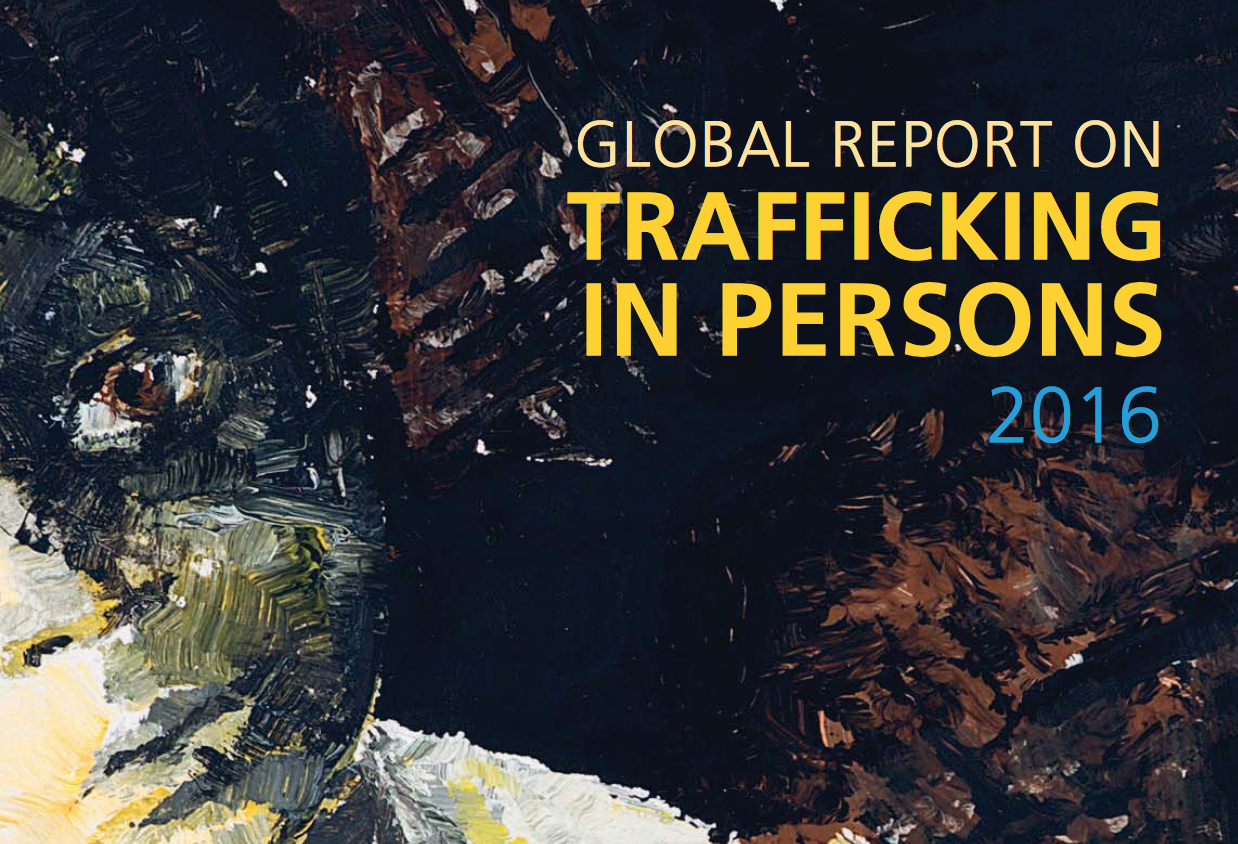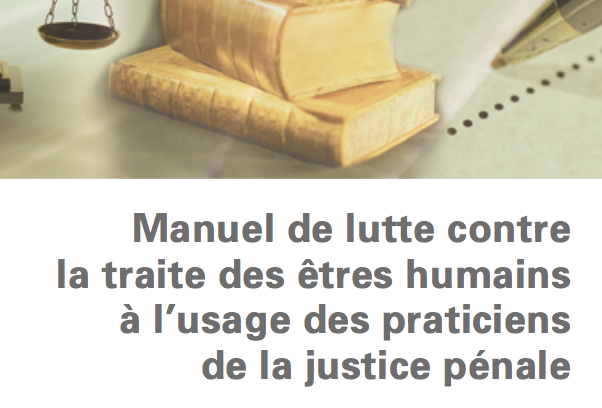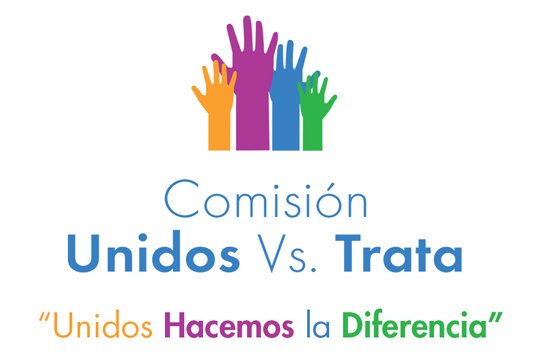Scientific and legal elements
UNESCO’s International Bioethics Committee (IBC) adopted a report on megadata on 15 September 2017, which constitutes an important synthesis on this subject[1]. Megadata are very large-scale data collected on a digital medium. They have five characteristics: their very large volume, the variety of their sources, the speed with which they are processed, their validity, i.e. the relevance of their content and their degree of precision and their value, i.e. their usefulness. These megadata are used in particular in the health field. Their treatment passes through algorithms and can reach individuals through applications related to management, prevention or lifestyle.
To date, there is no specific national or international framework for megadata. The regulation of their use may nevertheless be based on the rules relating to the protection of personal data. For example, Article 12 of the Universal Declaration of Human Rights states: “No one shall be subjected to arbitrary interference with his privacy, family, home or correspondence, nor to attacks upon his honour and reputation. Everyone has the right to the protection of the law against such interference or attacks. The United Nations adopted authoritative guidelines for the regulation of computerized records in 1990[3].
In 1978, France adopted a law relating to computers, files and freedoms[4].
It has undergone several changes. In February 2018, a draft law is discussed in the National Assembly, notably to adjust our law to the European General Regulation on the Protection of Personal Data[5] applicable on 25 May 2018. This “GDPR[6]” requires, among other things, that no data be collected without explicit and positive consent (art. 7), that the person has the right to know what his data are used for (art. 13 and 14), that he has the right to request that his data be deleted (art. 17), that they be managed solely for a certain purpose (art. 5).
According to the IBC report: “Megadata in the health field can be understood as comprehensive and personalised medicine based on evidence[7], medicine called precision medicine based on population stratification, medicine that combines the best available scientific knowledge with the professional experience of health professionals for the benefit of the individual patient” (§22). The idea is to gather biological data (results of medical analyses), medical imaging (radio, scanner), behaviour (sport, food), social environment (family, work), to better prevent and treat diseases. One of the expected benefits is to promote personalized medicine, including prevention and remote treatment (telemedicine, data transmitted on smartphones). Megadata processing should also assist public health policies.
Anthropological and Ethical Issues
The use of megadata for research raises many hopes, particularly in the health field, even if caution is called for with regard to what could become a “global promise market”, i.e. making money on promises of treatments and possible cures in an uncertain future. In this regard, the IBC report, while stressing the beneficial potential of the use of megadata in health, notes: “The enthusiasm generated by the phenomenon of megadata is likely to lead to overestimations and unrealistic forecasts, as well as to the marketing of products and services that have not yet proved their relevance. Furthermore, it can lead to an imbalance in health policy priorities, which can have particularly harmful effects for countries where access to essential services is not guaranteed” (§45).
A key issue is consent. To facilitate research, the principle of “global consent” is envisaged, i.e. consent to the use of data “in the context of the various research projects likely to be conducted in a particular branch or field”[8]. According to this model, after surgery for example, a patient would consent to the use of samples taken from his body at one time for all types of research likely to use the data from these samples. Another proposed model is the “dynamic consent” model. Here, “the subject gives his initial consent, but is kept informed of the use that is made of his data and may choose to refuse or authorize certain uses.
These proposals should be considered with great caution so as not to weaken attention to respect for the person protected by the principle of informed consent. Fair international regulation should ensure that the data are not used in such a way that the person is affected (discrimination in care and insurance contracts, for example). In this sense, the application of the “GDPR” on the basis of a strict interpretation, or the follow-up of Recommendation CM/Rec (2016)6 of the Committee of Ministers of the Council of Europe, which calls for recourse to the consent of the person having previously transferred biological material to research in the event of a change of purpose or management of biological data, is desirable[10].
Encouraging biomedical research does not mean giving in to the logic of the “capital body”, where the body becomes the stake of economic and financial choices. That citizens renounce the principle of informed consent would constitute a reversal of the moral conscience that led to the “Nuremberg Code” in the aftermath of the Second World War[11]. It is not the person who must renounce the full exercise of his freedom in the face of the ambitions of a medicine “of the promise”.
Rather, it is the ambitions of such medicine that must conform to respect for the freedom of each individual to be sure to be at the service of the personal good and the common good.
—————————————————-
[1] On trouve le rapport sur la page http://www.unesco.org/new/fr/social-and-human-sciences/themes/bioethics/international-bioethics-committee/reports-and-advices/
[2] Nations Unies, 1948.
[3] Cf. http://hrlibrary.umn.edu/instree/french/Fq2grcpd.html
[4] Loi n°78–17 du 6 janvier 1978.
[5] http://eur-lex.europa.eu/legal-content/FR/TXT/PDF/?uri=CELEX:32016R0679&from=FR
[6] « General Data Protection Regulation ».
[7] Evidenced Based Medicine.
[8] Rapport du CIB, §52.
[9] Rapport du CIB, §55.
[10] Cf. https://search.coe.int/cm/Pages/result_details.aspx?ObjectId=090000168064e900
[11] Cf. C. Lafontaine, Les enjeux de la bioéconomie du corps humain, in D. Folscheid, A. Lécu, B. de Malherbe (dir.),
Critique de la raison transhumaniste, Cerf/Collège des Bernardins, 2018, p. 55–65.






